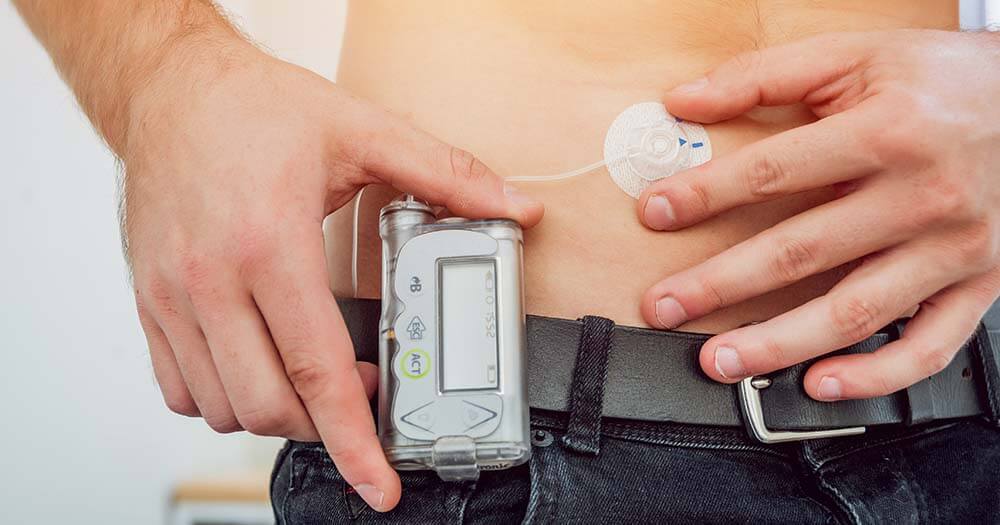Embracing Hybrid Closed-Loop Systems
Prepare for groundbreaking advancements in type 1 diabetes management! A remarkable wave of wearable technology might soon revolutionize the lives of thousands grappling with this condition.
Recent studies have illuminated the unparalleled effectiveness of hybrid closed-loop systems in meticulously regulating blood glucose levels. Notably, these systems exhibit superior performance among individuals with consistently elevated blood glucose averages.
Fresh guidelines, derived from an exhaustive assessment of clinical trials and real-world evidence, funded by NIHR and conducted by the University of Warwick, have been unveiled by an independent NICE committee.
Tip: Please fill out the form if you or a friend would like more information on glucose monitors
This committee’s evaluation by Warwick Medical School underscores the unparalleled potential of these innovative systems.
Efficient Diabetes Management
Type 1 diabetes poses a persistent challenge as the body grapples with regulating blood sugar levels due to inadequate insulin production.
Enter the hybrid closed-loop systems: an evolutionary breakthrough that precisely administers insulin as the body demands.
In England and Wales alone, over 270,000 individuals confront type 1 diabetes, as per the National Diabetes Audit 2021-22.
Tailored for individuals for whom diabetes remains unmanageable through conventional insulin pumps or real-time glucose monitoring, the hybrid closed-loop systems represent a transformative solution.
Also, read about A Guide for Latinos With Diabetes to Affordable Healthcare
These systems consist of a continuous glucose monitor sensor transmitting crucial data to a body-worn insulin pump.
This pump automatically administers insulin, maintaining blood glucose levels within the optimal range.
Dr. Lena al-Khudairy, leading the review at the University of Warwick, emphasized,
“This device holds tremendous promise for countless individuals in the UK coping with Type 1 diabetes. Our independent academic evaluation played a pivotal role in championing the adoption of this groundbreaking technology.”
Mitigating Long-term Complications
One of the most remarkable advantages? Restoration of normalcy in daily life! Bid farewell to routine finger-prick tests or frequent insulin injections to regulate blood sugar levels.
Precise control over blood sugar significantly diminishes the risk of severe long-term complications, such as blindness, amputations, or kidney problems.
NICE and NHS England have prioritized specific groups for early access to this transformative technology:
children, young people, pregnant or planning-to-be women, and individuals already utilizing insulin pumps.
Furthermore, adults with elevated average blood sugar readings or enduring disabling hypoglycemia will significantly benefit.
Must Read CGMs in noncritical care hospitals optimizes glycemic control
Paving the Way for Implementation
The eagerly anticipated rollout of this groundbreaking technology, overseen by NHS England across England’s integrated care boards, typically adheres to a 90-day implementation period post-final guidance from NICE.
However, owing to the requisite additional staff and specialized training, a funding variation request has extended the implementation timeline to a thoughtful 5-year period.
Don’t miss the Guide about Wegovy Dosage Guide: The Best Way For Weight Loss
The collective endeavor, encompassing NICE, NHS England, and various industry collaborators, underscores a collective commitment to ensuring individuals with type 1 diabetes leverage the immense potential of these revolutionary hybrid closed-loop systems.


